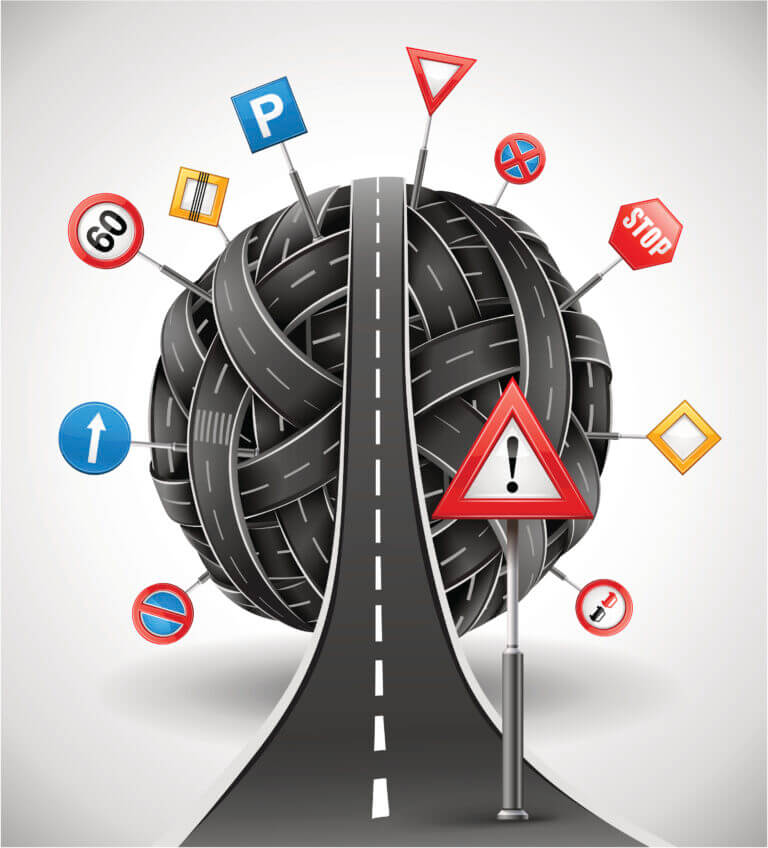The sinking feeling of realizing your car isn’t where you left it is a universal pang of anxiety. Whether it’s a misplaced moment of absentmindedness or the chilling fear of theft, the question “where is my car?” burns fiercely in your mind. But fear not, fellow road warriors, for in the age of digital wizardry, you’re no longer at the mercy of fate. Tracking your car’s location, anywhere, anytime, is now a reality, packed with both peace of mind and practical benefits.
This guide is your map to reclaiming your automotive serenity. We’ll delve into the myriad ways to track your car, explore the different technologies at play, and equip you with the knowledge to navigate any missing-vehicle scenario with confidence.
The Technological Toolbox – Your Tracking Options Await
The landscape of car tracking is diverse, offering options for every budget and need. Here are the prominent players in this technological game:
Built-in Systems: Many modern cars come equipped with factory-installed tracking systems, often linked to their infotainment systems and mobile apps. These systems utilize cellular networks and GPS to pinpoint your car’s location and offer features like remote locking, geofencing alerts, and even driving behavior analysis.
Standalone GPS Trackers: These portable devices, discreetly installed in your car, connect to satellites and cellular networks to transmit your car’s location in real-time. Offering varying levels of features, from basic location tracking to detailed trip histories and even real-time driving data, these trackers cater to a range of budgets and tech savviness.
Smartphone Apps: While not as precise as dedicated trackers, some car insurance companies and fleet management services offer apps that utilize your phone’s GPS to track your vehicle’s location. The accuracy can vary depending on phone coverage, but these apps can still provide a general sense of your car’s whereabouts.
Powering the Pursuit – Understanding the Vehicle Tracking Tech
Behind the curtain of convenience lies a symphony of technologies working in tandem. Here’s a breakdown of the key players:
Global Positioning System (GPS): This satellite-based navigation system pinpoints your car’s location based on signals from orbiting satellites. GPS forms the foundation for most tracking systems, providing the raw location data.
Cellular Networks: While GPS provides location data, cellular networks are instrumental in transmitting that data back to you in real-time. Most trackers rely on cellular connectivity to send location updates to your phone or web dashboard.
Mobile Apps & Web Interfaces: These user-friendly interfaces are where you see the magic unfold. They translate the raw location data into maps, driving histories, and even alerts, keeping you informed and in control.
Beyond the Missing Car – Benefits Beyond Recovery
While finding a lost car is undoubtedly the crown jewel of tracking technology, its benefits extend far beyond recovery. Here are some additional ways car tracking can enrich your automotive experience:
Theft Deterrence: The mere presence of a visible tracking device can be a powerful deterrent for car thieves. Knowing their every move will be monitored can dissuade many would-be criminals.
Reduced Insurance Premiums: Some insurance companies offer discounts for cars equipped with approved tracking devices. This rewards responsible drivers and reflects the reduced risk of theft associated with tracked vehicles.
Driving Insights: Advanced trackers equipped with accelerometers and other sensors can provide valuable insights into your driving habits. This data can be used to improve your driving skills, monitor fuel efficiency, and even alert you to potential mechanical issues.
The Cost-Benefit Equation – Finding the Right Fit for Your Needs
With a spectrum of options available, finding the right tracking solution depends on your specific needs and budget. Here are some factors to consider:
Frequency of Use: If you frequently travel or park in unfamiliar areas, a real-time tracking system with cellular connectivity might be ideal. For occasional use, a basic GPS tracker might suffice.
Budget: Trackers range in price from basic models under $50 to feature-rich options exceeding $200. Consider your budget and prioritize the features most valuable to you.
Technical Expertise: Some trackers require installation, while others simply plug into your cigarette lighter. Choose an option that aligns with your comfort level with technology.
Privacy Concerns – Striking the Balance Between Tracking and Transparency
Car tracking inevitably raises privacy concerns. Here’s how to navigate:
Understand Data Sharing: Before choosing a tracker, research its data sharing policies. Ensure you understand who has access to your car’s location data and how it’s used.
Utilize Privacy Settings: Many tracking systems offer customizable privacy settings. Choose the level of data sharing that makes you comfortable,



